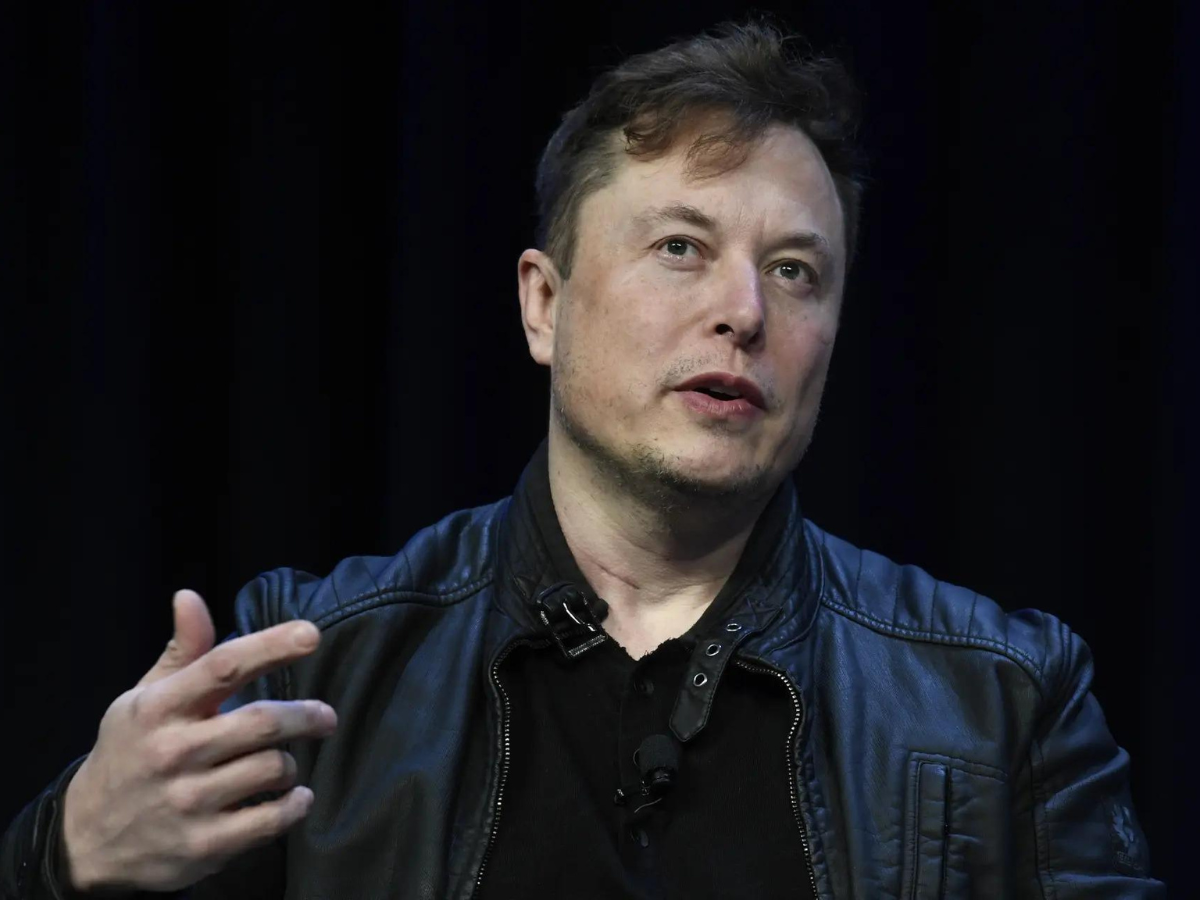Elon Musk, the visionary behind SpaceX, has tempered expectations about the timeline for establishing a human colony on Mars. At the Satellite 2020 conference, Musk candidly admitted that he may not live to see a sustainable Martian settlement, despite SpaceX‘s significant achievements, including successful Falcon 9 and Falcon Heavy launches.
Musk’s remarks highlight the formidable obstacles facing Mars colonization, as detailed in Brad Bergan’s new book, SpaceX: Elon Musk and the Final Frontier (Motorbooks).While reaching Mars within the next few decades could be achievable, creating a self-sustaining colony remains a far-off goal.
“If we don’t improve our pace of progress, I’m definitely going to be dead before we go to Mars,” said Elon Musk at the Satellite 2020 conference in Washington, DC, according to a report from the Los Angeles Times. “If it’s taken us 18 years just to get ready to do the first people in orbit, we’ve got to improve our rate of innovation or, based on past trends, I am definitely going to be dead before Mars.”
Musk’s previous estimates suggested that moving to Mars could cost between $100,000 (roughly Rs 84,00,000) and $500,000 (roughly Rs 4,20,00,000) per person, but these projections depend on groundbreaking technological advancements and substantial reductions in current launch costs, as per the reports by Livescience.com.
The financial and logistical barriers to Mars colonization are immense. Musk had estimated in 2017 that transporting materials to Mars would cost about $140,000 (roughly Rs 1,20,00,000) per ton, a figure that could increase with inflation and other factors.
Establishing a functional settlement could require upwards of $100 billion (roughly Rs 8.4 lakh crore), underscoring the monumental challenge involved. These high costs and the need for significant technological progress contribute to the uncertainty surrounding the feasibility of a Mars colony.
Given these challenges, space exploration efforts may shift toward more immediate objectives. Developing a sustainable human presence on the Moon or exploring asteroids for resources could provide valuable insights and set the stage for future Mars missions.
These interim goals might offer a more practical approach while addressing the technical and financial hurdles associated with Mars colonization.
Musk’s remarks highlight the formidable obstacles facing Mars colonization, as detailed in Brad Bergan’s new book, SpaceX: Elon Musk and the Final Frontier (Motorbooks).While reaching Mars within the next few decades could be achievable, creating a self-sustaining colony remains a far-off goal.
“If we don’t improve our pace of progress, I’m definitely going to be dead before we go to Mars,” said Elon Musk at the Satellite 2020 conference in Washington, DC, according to a report from the Los Angeles Times. “If it’s taken us 18 years just to get ready to do the first people in orbit, we’ve got to improve our rate of innovation or, based on past trends, I am definitely going to be dead before Mars.”
Musk’s previous estimates suggested that moving to Mars could cost between $100,000 (roughly Rs 84,00,000) and $500,000 (roughly Rs 4,20,00,000) per person, but these projections depend on groundbreaking technological advancements and substantial reductions in current launch costs, as per the reports by Livescience.com.
The financial and logistical barriers to Mars colonization are immense. Musk had estimated in 2017 that transporting materials to Mars would cost about $140,000 (roughly Rs 1,20,00,000) per ton, a figure that could increase with inflation and other factors.
Establishing a functional settlement could require upwards of $100 billion (roughly Rs 8.4 lakh crore), underscoring the monumental challenge involved. These high costs and the need for significant technological progress contribute to the uncertainty surrounding the feasibility of a Mars colony.
Given these challenges, space exploration efforts may shift toward more immediate objectives. Developing a sustainable human presence on the Moon or exploring asteroids for resources could provide valuable insights and set the stage for future Mars missions.
These interim goals might offer a more practical approach while addressing the technical and financial hurdles associated with Mars colonization.
Source : Times of India









